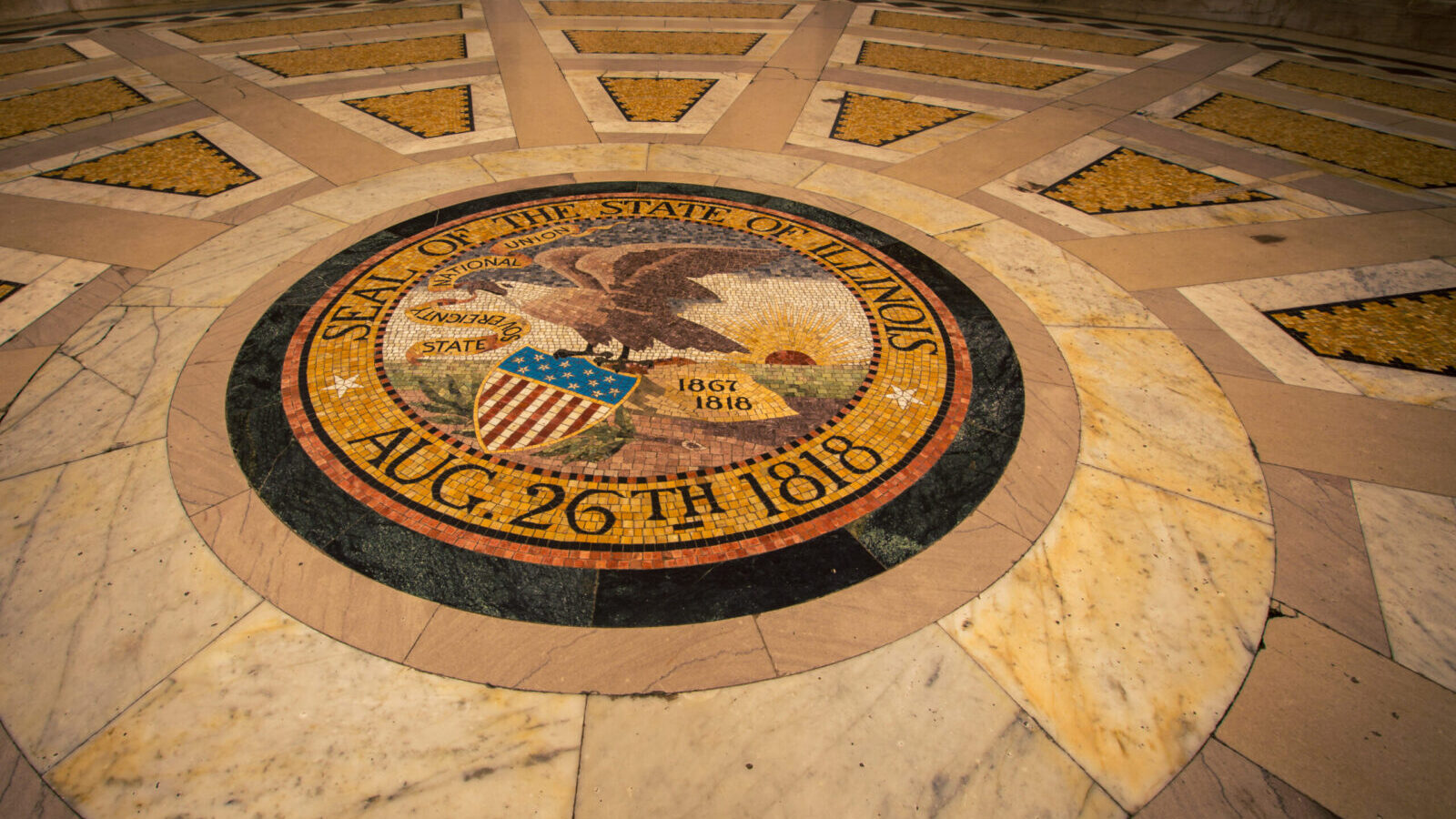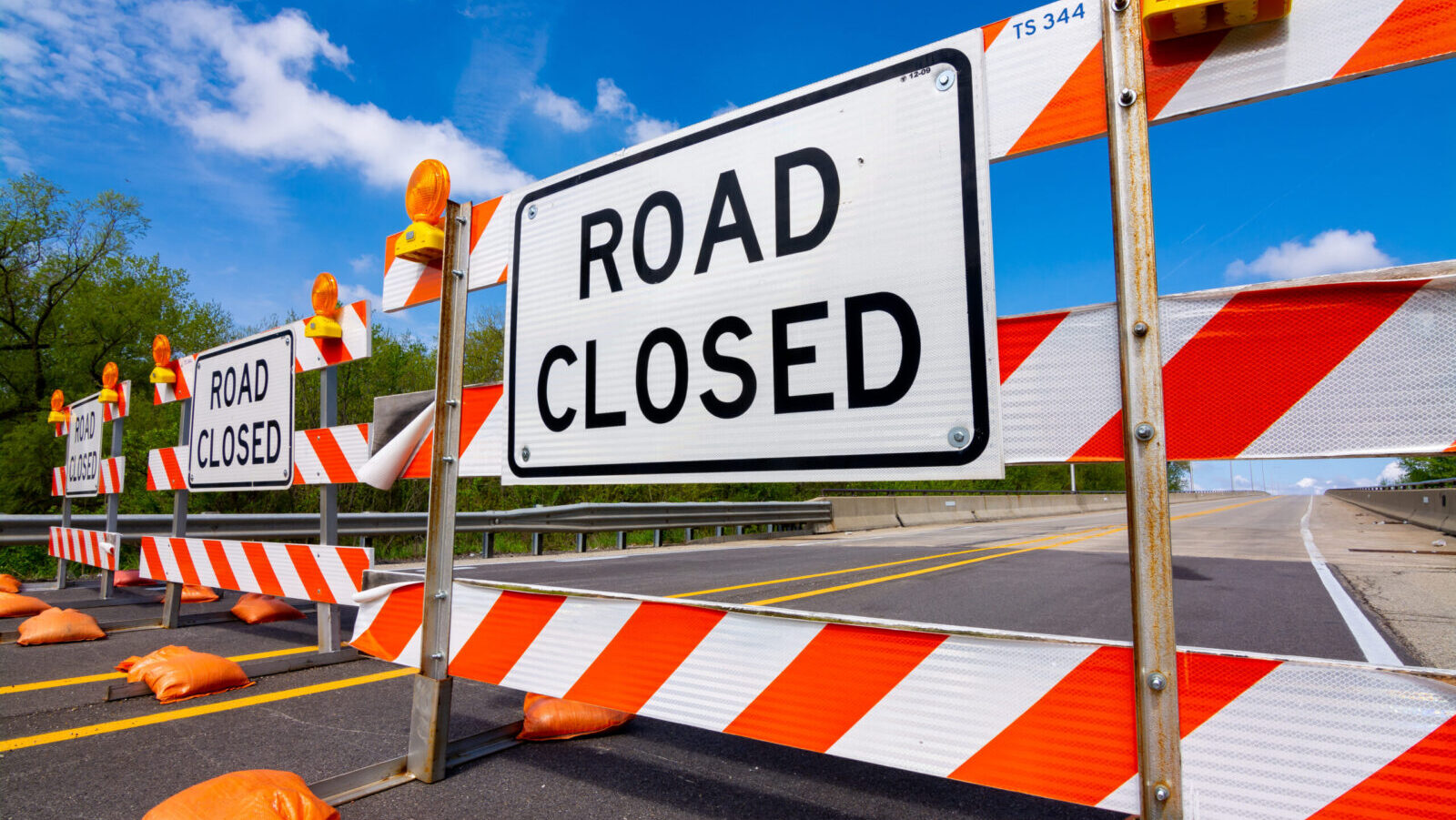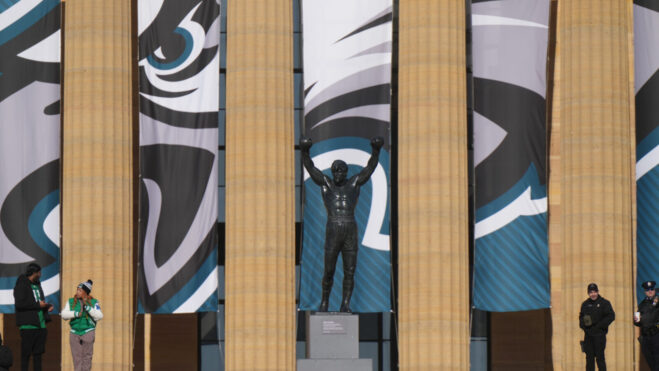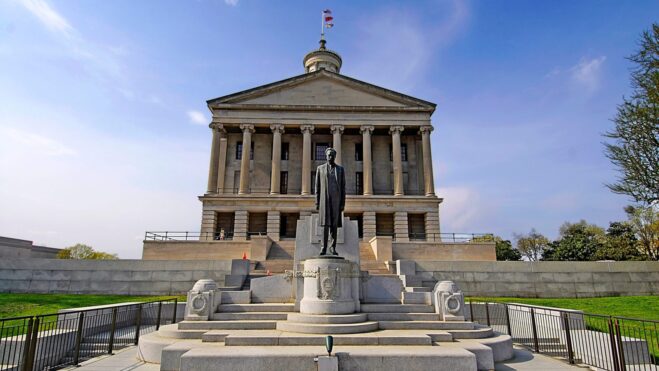Illinois Lawmakers File Online Casino Bills, Gaming Board Sends C&Ds
Action of all kinds in the state regarding online gambling operators
4 min

Illinois joined the lengthy list of states that will consider legalizing internet casino gaming after companion bills were filed in the General Assembly on Friday.
It is the second consecutive General Assembly that Sen. Cristina Castro and Rep. Edgar Gonzalez have filed to legalize iGaming in the Land of Lincoln. Neither of their bills made it out of committee during the 2023-24 General Assembly. Illinois is a challenging marketplace for legalization given that it has added six brick-and-mortar casinos — four permanent and two currently temporary — statewide over the last five-plus years.
It also has the most extensive video gaming terminal (VGT) network in the United States with nearly 8,700 licensees and more than 48,700 terminals. Illinois is the No. 2 sports betting market in the country, and lawmakers moved from a flat 15% tax rate to a progressive one with tiers ranging from 20% to 40% at the start of Fiscal Year 2025 last July 1.
VGTs are the largest source of gaming tax revenue in Illinois, having generated $884.2 million in receipts for the state and an additional $152.4 million for local municipalities in the 2024 calendar year. Illinois’ 16 casinos generated $345.2 million in state tax revenue, while sports betting receipts totaled $244.2 million through November.
Changes and constants
The biggest difference in the bills (SB 1963 and HB 3080) from the previous General Assembly is an increase in the tax rate from 15% to 25%. Both Castro and Gonzalez would again allow a licensee to have up to “3 individually branded Internet gaming skins.” That differs from master sports wagering licensees being allowed only one.
The two lawmakers also carried over language into this year’s bills that the Illinois Gaming Board “may not issue an Internet gaming license to an owners licensee or an organization licensee that has reduced the size of its workforce by 25% or more since Feb. 28, 2020.” There is no specific definition of what comprises a “workforce” for a licensee, which is something opponents of the bill — most notably VGT proponents — could seize upon.
Still, the increased tax rate may help get fellow lawmakers to at least debate the bill given the Governor’s Office of Management and Budget has projected a $3.2 billion shortfall for FY2026.
Gov. JB Pritzker is scheduled to unveil his budget to the General Assembly on Feb. 19. He used it last year to unexpectedly call for more than doubling the sports betting tax rate to 35% before the progressive tax gained momentum during legislative negotiations last May.
Chicago a mystery dynamic
The city of Chicago may also prove to be an X-factor of sorts when it comes to the fate of iCasino. Bally’s is currently in the process of building its $1.8 billion permanent casino that is expected to open September 2026 in the River West neighborhood downtown. It has been operating a temporary venue at Medinah Temple since September 2023.
The city, which is under financial stress of its own, is also weighing the options of making VGTs legal. Embattled first-term Chicago Mayor Brandon Johnson was in favor of removing the city ordinance currently banning them when he ran for election in 2023.
SB 1342 filed by state Sen. Donald DeWitte would prevent municipalities with a population over 1 million from enacting an ordinance to ban VGTs. DeWitte’s bill also calls for the tax revenue from VGTs in the municipality to be split, with 83% going to the Regional Transportation Authority and the remaining 17% going to the city.
There are also multiple bills filed in the statehouse with relation to gray gaming, video gaming, and amending the Criminal Code of 2012 to help potential Chicago-based operators file for VGT licensees. One-time mayoral candidate and Rep. Kam Buckner re-submitted a bill from the previous General Assembly.
HB 3473 would amend the state’s Video Gaming Act so that a licensee or applicant would not be in “violation of the Act or specified rules and shall not be subject to disciplinary action for operating a gaming device if operation of the gaming device is in compliance with and not considered gambling under the Criminal Code of 2012.”
IGB latest to hit Bovada with C&D letter
The Illinois Attorney General Office on Friday noted the Illinois Gaming Board sent cease-and-desist letters to both offshore gambling giant Bovada and daily fantasy sports operator PrizePicks.
The announcement was tucked under Attorney General Kwame Raoul’s statement on reminding consumers about protecting their information and funds ahead of Super Bowl LIX on Sunday.
“Although a license is required for a betting website or app to lawfully operate in Illinois, there are many unlicensed operators that unlawfully provide online betting to Illinois residents,” Raoul said. “Many of these unlicensed operators are located outside of the country, and there may be little recourse to consumers should those companies fail to allow the withdrawal of funds deposited or won.
“This week, the Gaming Board issued cease and desist letters to alleged unlicensed sports wagering sites Bovada.com and PrizePicks, warning them to cease unlicensed sports betting in Illinois.”
The IGB became the latest state gaming agency to take aim at Bovada, with the Florida Gaming Control Commission having announced it sent a cease-and-desist letter to Bovada last Tuesday. As of Monday morning, Florida still had not been added to Bovada’s list of states where its website is “expressively prohibited.” Bovada rarely, if ever, acknowledges receiving such letters and usually quietly adds a state to its list where it no longer accepts wagers.
IGB also hits PrizePicks with C&D
The cease-and-desist letter to PrizePicks is somewhat of a surprise considering it is available for some form of wagering in 45 states and the District of Columbia. It has been the recipient of cease-and-desist letters previously as multiple states have sought a more clear definition in separating daily fantasy sports from sports betting. According to its website, PrizePicks lists only its “Pick ‘Em” game as available in Illinois.
There is a bill filed in the Illinois General Assembly that would formally legalize DFS and put it under the authority of the IGB. SB 2145 filed by state Sen. Bill Cunningham would offer fantasy operators the ability to “offer pool sports wagering to State patrons where State patrons compete against patrons located outside of the State.”
Cunningham’s bill, which would take effect July 1 if passed, applies a progressive tax on operators similar to sports betting. The baseline rate is 20% for the first $1 million in revenue and reaches a top tier of 40% for revenue above $20 million.
A separate bill filed by Sen. Lakesia Collins, SB 0238, would also allow the Illinois Gaming Board to regulate DFS play. The IGB would have the final say on the tax rate, though Collins’ bill creates a narrow range between 10% and 15%. Rep. Terra Costa Howard filed a companion bill, HB 2342, in the lower chamber.






